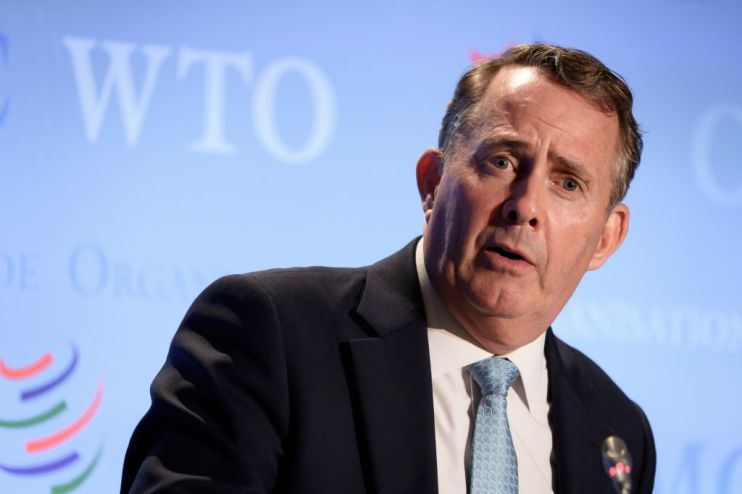The World Trade Organisation must halt its march into irrelevance

Even the World Trade Organization’s strongest advocates cannot deny that it is an organisation with serious problems.
It is a body that has deep technical skills and a relatively simple purpose, to ensure international trade flows as smoothly, predictably and freely as possible.
A steady rise in protectionism, diminishing respect for its rules and an inability to settle disputes after the closure of its Appellate Body means it has been failing in that purpose.
And the coronavirus pandemic has made a bad situation even worse with many countries making the import and export of critical goods more difficult.
Now in the middle of this crisis, the World Trade Organisation is selecting a new Director-General. This is one of the most important decisions in its history for the organisation is on the precipice.
The importance of an effectively run WTO cannot be underestimated.
The rules based international trade system has helped lift more than 1bn people out of extreme poverty in the last 30 years.
Prosperity underpins social cohesion, social cohesion underpins political stability and political stability is the bedrock of our collective security.
If we don’t allow people to trade their way out of poverty, don’t be surprised if you end up with more mass migration, more radicalisation, leading to more security risks.
After more than 25 years the World Trade Organisation has gathered great technical skills, human resources and institutional memory but what it needs now more than ever is strong political leadership.
Covid-19 could be the kiss of life to rules based international trade if we embrace the right policies or the kiss of death if we don’t.
The WTO, like all the other international organisations, cannot pretend that it can be business as usual.
Even if economies see the much talked about V-shaped recovery, governments will need to recalibrate for the enormous cost of the support packages that have been put in place, including the management of sovereign and corporate debt.
It is impossible to assess how long Covid-19 will continue to disrupt the global economy but, as a doctor, I know that without a vaccine or a major beneficial mutation in the virus itself, populations which lack widespread immunity will continue to see outbreaks for some time.
There is likely to be a demand from nation states for greater resilience in the face of the pandemic and this may produce results which range from greater stockholding to full-scale attempts at import substitution and both import and export restrictions.
Trust and cooperation will be needed to keep trade flowing especially in vital areas such as food and medical supplies.
We must ensure that export restrictions, put in place as short-term measures to deal with pandemic – related problems, do not disrupt trade itself, the lifeblood of the global economy.
We must also ensure that nothing is done in terms of trade that will hinder our ability to fight the pandemic itself, remembering that the healthcare systems of low-income countries are at particular risk.
Since the start of the Covid crisis the WTO has identified more than 230 measures taken by members in response. A few have been to make markets more open. For many the response has been to close markets and make the import and export of critical goods more difficult.
The WTO has done a good job in highlighting the specific problems as they arise.
The job for the next DG will be to translate into action to solve them. Otherwise the organisation’s march towards irrelevance will continue.
International organisations take a long time to die but they can spend a very long time being irrelevant. And that prospect faces the WTO today.
Which is why when the members start the process to selecting their next Director General this week it is a choice that really matters.
It is a choice between relevance and irrelevance. The challenges it faces are political not technical.
Liam Fox MP is the former International Trade Secretary. He is standing to be the next Director-General of the World Trade Organization.